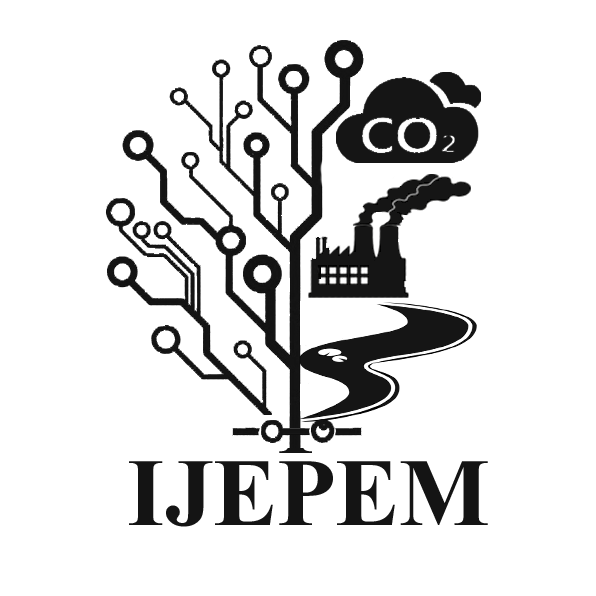
International Journal of Environmental Pollution and Environmental Modelling
Yazarlar: Samuel Akpan BASSEY
Konular:Çevre Bilimleri
Anahtar Kelimeler:Anthropocentricism,Anthropoholism,African Communalism,Environment
Özet: Ever since nonhuman entity along with the environment became a major ethical issue, anthropocentric worldviews have been blamed for all that is morally wrong about our dealings with nature. Those who regard themselves as non-anthropocentrists/ holistic scholars typically assume that the West’s anthropocentric axiologies and ontologies instigate all of the environmental degradations associated with human species. In contrast, a handful of environmental philosophers aver that anthropocentrism is entirely acceptable as a foundation for environmental ethics as human’s perspective cannot be entirely removed from the decision-making process. They often argue that it is possible for the man to act responsibly towards the environment for humanity and its future generation. Thus, there is an ever-present tension between anthropocentrism and holism, with each side trying to dominate each other. In my opinion, these extreme views are lump sided, as such lack room for tolerance. The thrust of this paper is to bridge the gap between these ethical theories with the theory of ‘anthropoholism’. Anthropoholism is a thesis in environmental ethics that acknowledges man (anthropo) values, role in the ecosystem as well as the ontology, but argues that despite this position, man is just a part of nature, such that he cannot exist independently of the environment, or can he be understood without reference to the environment. With this, the theory of anthropoholism is able to bridge the gap between the two extreme views by explaining the connection between them. With the philosophical method of exposition and critical analysis, this work is carried out.